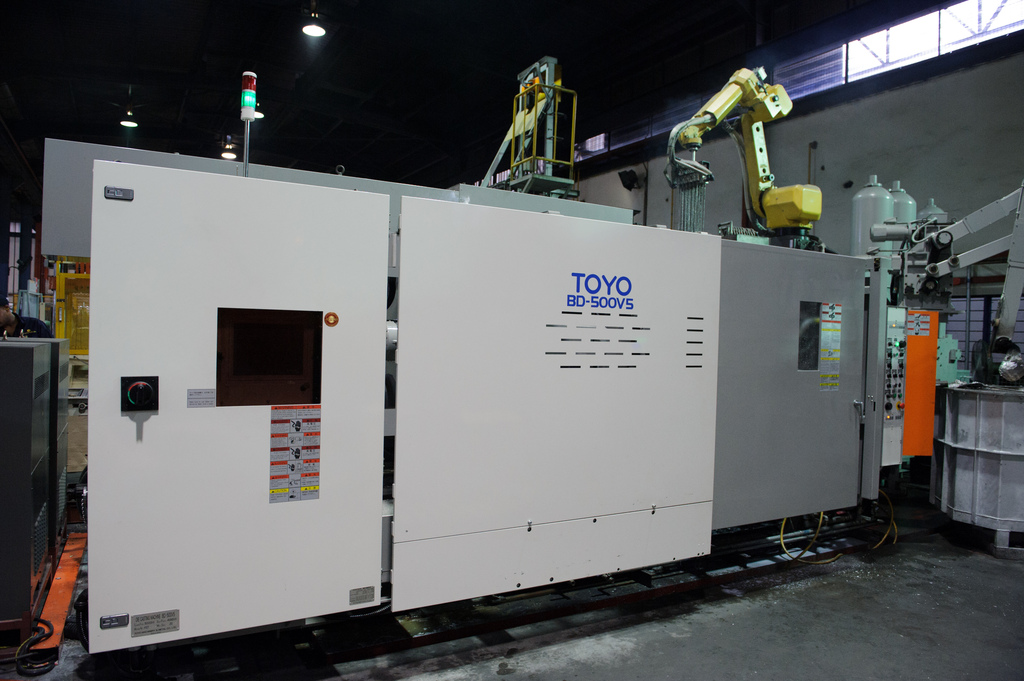
Manufacturing process used to produce complex, high-precision metal parts by injecting molten aluminum into a steel mold (called a die/mold) under high pressure.
Once cooled and solidified, the part is ejected from the mold, resulting in a strong, lightweight component with excellent surface finish and dimensional accuracy.
1. Light Weight with Excellent Strength to Weight Ratio.
2. High Dimensional Accuracy
3. Excellent Thermal & Electrical Conductivity
4. Corrosion Resistance (Optional upgrade with surface finishes: Powder Coating, Wet Painting, Anodizing, ED Coating, etc)
5. Cost-Effective
6. Support Complex Design
There are various option of Aluminum to choose from to meet your requirement.
A383 (ADC12 / Al-Si10Cu2Fe)
Strength & Durability : Average/Moderate
Corrosion Resistance : Good
Castability : Excellent
Pricing : Excellent
Best For : Automotive, Electronics, Highly intricate Parts, General
A380 (ADC10 / Al-Si8Cu3Fe)
Strength & Durability : Good
Corrosion Resistance : Average/Moderate
Castability : Good
Pricing : Average/Moderate
Best For : High Strength & Intricate Components
LM6 (A413)
Strength & Durability : Average/Moderate
Corrosion Resistance : Excellent
Castability (Dimensional control) : Poor to Moderate
Pricing : Poor to Moderate
Best For : Marine, Chemical Application Components
A360 (ADC3)
Strength & Durability : Good
Corrosion Resistance : Good
Castability (Dimensional control) : Poor to Moderate
Pricing : Good
Best For : Structural Application, Marine
1. 2D Drawing, 3D Drawing or Sample Part.
2. Weight of Part.
3. Alloy Required, functionality/characteristic for suggestions.
4. Estimated Annual Usage (EAU) / Minimum Order Quantity (MOQ)
5. Secondary Process Requirement. (Machining, Surface Treatment, Inspection (Xray, 100% Gauge Leak Test, Assembly)
6. Packaging Requirement. (Custom Packaging, Returnable Packaging, Export Packaging)
7. Delivery Destination or Incoterm Mode.